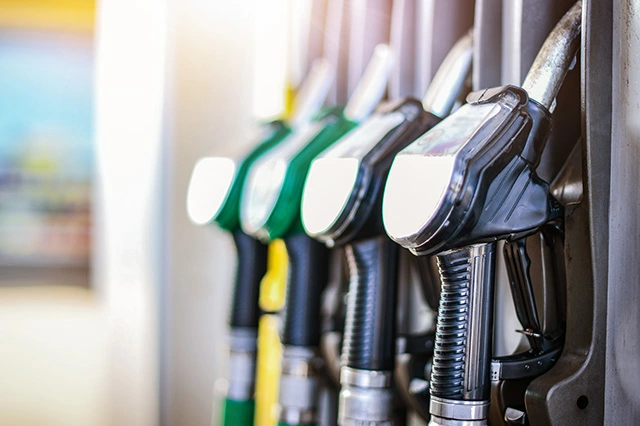Convictions for driving offenses across the United Kingdom have reached unprecedented levels, according to recent data released by the Ministry of Justice.
The statistics, which reflect convictions from 2023, indicate a sharp rise in driving-related criminal activity, prompting concerns about road safety and the effectiveness of current deterrents.
Surge in Convictions
The report reveals that nearly 1.5 million motorists were convicted of driving offenses last year, marking a 10% increase from 2022. The rise in convictions has been attributed to a combination of stricter enforcement measures, including increased deployment of speed cameras and roadside breath tests, as well as heightened public awareness of driving laws.
Among the most common offenses were speeding, driving under the influence of alcohol or drugs, and using a mobile phone while driving. Speeding accounted for over 40% of all convictions, with more than 600,000 drivers found guilty of exceeding speed limits. Convictions for drink and drug driving also saw a significant rise, with over 100,000 drivers convicted, a 15% increase from the previous year.
Amongst those were many van drivers on their way to work prompting a sharp rise in the need for convicted van insurance.
Government Response
In response to the alarming statistics, the UK government has pledged to intensify efforts to improve road safety. Transport Secretary Mark Harper stated, “These figures are a wake-up call. While the majority of drivers are responsible, the rise in convictions shows that there is still much work to be done. We will continue to invest in road safety campaigns and work closely with law enforcement to crack down on dangerous driving behaviours.”
The government has also announced plans to review penalties for serious driving offenses. Proposals on the table include harsher sentences for repeat offenders and longer driving bans for those caught driving under the influence. The aim is to send a clear message that reckless driving will not be tolerated.
The cost of convicted car insurance is also increasing sharply adding to the ramifications of driving under the influence.
Public Reaction
The rise in driving convictions has sparked mixed reactions from the public. Road safety advocates have welcomed the increased enforcement, arguing that it is necessary to protect all road users. The Royal Society for the Prevention of Accidents (RoSPA) issued a statement commending the government’s efforts but urged for more preventive measures, such as better road design and public education on safe driving practices.
However, some motorists have expressed frustration, particularly regarding the proliferation of speed cameras, which they perceive as a “cash cow” for local councils rather than a genuine safety measure. Social media platforms have seen an influx of complaints about what some drivers view as overzealous enforcement.
Legal and Social Implications
The rise in convictions is also expected to have significant legal and social implications. Legal experts predict an increase in court cases as more drivers contest their charges, leading to potential delays in the justice system. Furthermore, the growing number of driving bans could have broader social consequences, particularly in rural areas where public transport options are limited.
Insurance premiums are also likely to rise for convicted drivers, adding to the financial burden on individuals who may already be struggling with the cost of living. Industry analysts warn that this could lead to an increase in uninsured drivers, exacerbating the risk to all road users.
Looking Ahead
As the UK grapples with the challenges posed by rising driving convictions, the debate over the best approach to road safety continues. While stricter enforcement has led to more convictions, it remains to be seen whether these measures will result in a long-term reduction in dangerous driving behaviours.
The government’s upcoming review of driving penalties will be closely watched by all stakeholders, as policymakers strive to strike a balance between deterrence and fairness in the face of growing concerns over road safety.
In the meantime, drivers are being urged to remain vigilant and adhere to the rules of the road, as the consequences of even minor infractions have never been more severe.







